

EDITORIAL: HUNTING THE ELEPHANT – WHY NOT?
WhyNot was conceived in interesting times. In a long, dark night of the soul. A time of fear, and uncertainty. A time of lockdown, of people confined. At a time when so many things are left unsaid by many Chinese about their society out of fear or apathy. At time when other Chinese speak out but their words are screamed into a void, deleted and dropped and censored by an institution hell bent on monopolizing China’s voice and silencing any alternatives.
Those few who do speak out teeter on a knife’s edge. Many who teeter are young and, in the first light before the dawn, are always looking for ways around censorship, around blockages and filters, around silence and obstruction. They pace about their confines, and the space appears empty. But the room is filled to bursting with an invisible elephant.
So we started WhyNot for you, a certain kind of young, tireless, determined person who isn’t happy staying in the same, suffocating room all the time. You who like to think different thoughts and consider different views from the one you can see outside the suffocating room’s tiny window. And why not? Thinking is allowed, right?
At WhyNot, nothing is off limits because we want to learn more about that weird elephant, too. In this opening issue, we will take you on a hunt for the first elephant — the Chinese media.
We will talk about why there have never been so many trained journalists in China, but how so few of them have kept their ideals intact. How they are left clinging to the wreckage of their careers as increasing government propaganda has tightened restrictions on what is fit to print. We will show you why the fall of China's internet czar made little difference to the environment they face, where so many stories are increasingly left untold.
We will show you the elephant. We know what they smell like, feel like. We have sat in the same room as them before. We won't give up, because we are young, curious and stubborn. Because we must think, much in the same way that we must breathe.
WhyNot.
Behind the Scenes of China Media Watch
How is the Chinese media different from the Party mouthpiece? What has the media in China gone through over the past three decades? What has led it to today's situation? Come with us to look for the Elephant in the Room.


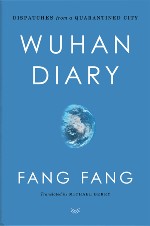

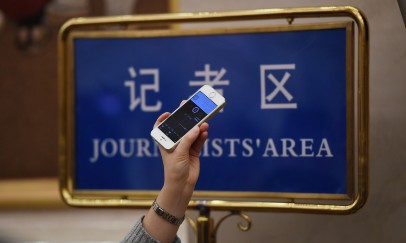
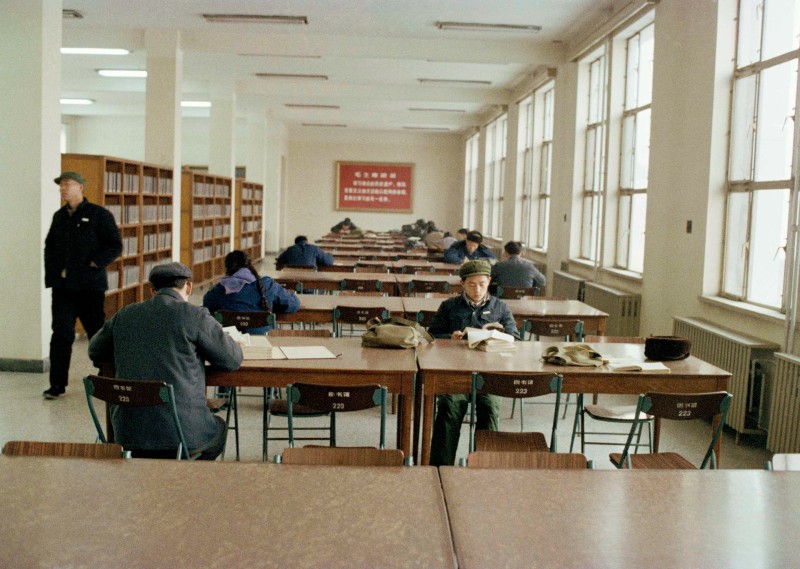
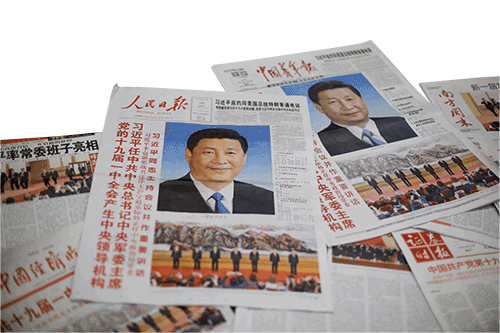
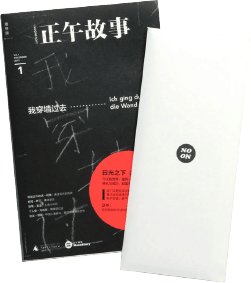
成为第一位留言的人吧!